|
Today, being the 20th day of the month, is the day I send out my newsletter.
Inspired by popular interest, I began this free monthly email newsletter in March 2014, when I sent that initial issue to 6 people. Little by little, it's grown to the point where this morning's newsletter (October 2016) was sent to 821 recipients. Each newsletter details my schedule for the remainder of the current month through the end of the next month - which presentation I'm giving, where, and when. Anybody with a valid email address may register for the newsletter on my website: http://www.aaronkrerowicz.com/newsletter-sign-up.html. Just be sure to type the “prove you are human” part. (I get a lot of spam, so any submissions that skip that step are deleted.) Newsletter subscription is the best way to stay in touch. The emails are sent from my personal Gmail account, which allows recipients to respond easily and efficiently. This permits me to maintain a monthly dialog with Beatles fans across the globe. Plus, they feature adorable puppy pictures. In honor of my pooch, Abbey (as in Road), I started including a photo of her in each newsletter beginning in 2016. Here's October's:
0 Comments
Beatles at the Ridge, Arkansas' annual Beatles convention, was held this past weekend. Festivities began on Friday afternoon with two excellent presentations by Jude Kessler and Ivor Davis. That evening, one fan, Jessica Altman, gave me a cake. That's never happened to me before! Jude, in her advertising, mentioned my travels. In response, Jessica kindly baked me a cake so I could have some homemade cooking. Thank you, Jessica! 'Twas delicious :-) I made my BATR debut on Saturday, presenting "The Beatles & The Rolling Stones". Afterward, as a thank-you to Jude Kessler, chairman for authors' symposium, I gave her a card parodying the Sgt. Pepper's Lonely Hearts Club Band cover. Look closely and you'll spot 9 heads that aren't on the original. From left to right: Sara Schmidt, Ivor Davis, me, Lisa Harp, Ken Orth, Rande Kessler, Cameron Hicks, Jude Kessler, and Lanea Stagg. I also gave her a drawing of John Lennon using musical notation symbols. In addition to performances and presentations, the weekend also included many street vendors. The typical food trucks and jewelry shops were in plentiful supply. But perhaps the biggest surprise was a funeral home selling a Beatles coffin: It all made for a unique and enjoyable experience. I won't be back at BATR in 2017 because I'm already committed to the London (Ontario) Beatles festival at that time, but I hope to return in 2018. The sixth tour of 2016 concludes tomorrow:
Tuesday, 20 September 2016, 6:30-7:30 p.m. Rockville Public Library, 106 N Market St, Rockville, IN The Beatles: Band of the Sixties Explore the music of The Beatles in this 60-minute multimedia presentation (part history and part musical analysis) spanning the full 1960's: beginning with the band's seminal visits to Hamburg, continuing through Beatlemania, and concluding with Abbey Road. The program will be supplemented with audio clips of music and excerpts from interviews with the band members. Last Thursday, September 15, was the Springfield, MO premiere of Ron Howard's Beatles documentary Eight Days A Week at the Moxie Cinema. (Those who have read Days in the Life will appreciate that the men's room at the Moxie had a resonant frequency of 73 Hertz: D2.) Ted Hutchens, who I met during my 2015 tour through Springfield and who was responsible for my return tour this year, was kind enough to buy me a ticket. The film itself was extremely well made. Beatles history has been covered extensively, so it's not surprising that there wasn't much original information. It was nevertheless well researched, well structured, and well presented. The strength of the film was capturing the emotional connection of fans. Whoopi Goldberg's interview in particular (her mother surprised her with tickets to the 1965 Shea Stadium concert) was quite touching. As a scholar, I try to be more objective and analytic in my studies, but this film helped capture the emotional side of the phenomenon. I've not heard of any plans for a sequel, but if Eight Days A Week covers the touring years, then a follow-up covering the studio years would be most welcome. Meanwhile, I drive to St. Louis today in preparation for tomorrow's presentation:
Monday, 19 September 2016, 7:00-8:00 p.m. St. Louis Public Library, 1301 Olive St, St. Louis, MO The Beatles: Band of the Sixties Explore the music of The Beatles in this 60-minute multimedia presentation (part history and part musical analysis) spanning the full 1960's: beginning with the band's seminal visits to Hamburg, continuing through Beatlemania, and concluding with Abbey Road. The program will be supplemented with audio clips of music and excerpts from interviews with the band members. Yesterday, while driving from Kansas City, MO to Springfield, MO, I listened to James Taylor's sophomore album Sweet Baby James. The title song struck me as particularly noteworthy, and so after listening to the entire album straight through I returned to that track to listen a dozen more times. While the lyrics and harmonies are quite conventional (and pleasant), the structure and rhythms caught my ear. Structurally, it involves two distinct verses (Verse A and Verse B). That's somewhat rare, as it's far more common for songs to employ a single verse. These two verses are followed by a chorus, and the entire song so far is repeated (sans intro) to create the whole. 0:00-0:05 Introduction (4) 0:05-0:31 (A) Verse A1 (5+5+4+7) 0:31-0:59 (B) Verse B2 (4+4+4+4+6) 0:59-1:25 (C) Chorus 1 (4+4+4+4+4) 1:25-1:51 (A) Verse A2 (5+5+4+7) 1:51-2:19 (B) Verse B2 (4+4+4+4+6) 2:19-2:49 (C) Chorus 2 (4+4+4+4+4) The total form, then, is ABC|ABC, or ABC x2, which can be classified as a "compound simple" structure. As a side note, The Beatles never used this exact structure, though a few songs are similar: 'It Won't Be Long': ABC|ABC|AB 'Lucy in the Sky with Diamonds': ABC|ABC|ACC 'You Never Give Me Your Money': ABC 'Maxwell's Silver Hammer': ABC|ABCC|ABCC 'The End': ABC Rhythmically, the song is a standard waltz, in 3/4 meter (q = ca. 140). But in highly unusual fashion, each section plays with hyper meter - the grouping of individual measures to create large-scale compound rhythmic groupings. This will be observed and analyzed below on a section-by-section basis. VERSE A: The A verses are a standard four phrases, but in an unusual 21 measures which can be divided into the highly unusual 5+5+4+7 (shown below as a graphic, rather than as text, to preserve the formatting): VERSE B: Where verse A features a standard number of phrases but in unusual phrase lengths, verse B is the opposite - an unusual five-phrase section but in standard phrase lengths (4+4+4+4+6): CHORUS: More like verse B than verse A, the chorus also features an unusual five phrases but in standard four-measure segments (4+4+4+4+4): The finished song nicely balances the conventional with the unusual. The tour continues tomorrow with another round of "Band of the Sixties": Tuesday, 13 September 2016, 6:00-7:00 p.m. Christian County Library Central Library, 1005 N 4th Ave, Ozark, MO The Beatles: Band of the Sixties Explore the music of The Beatles in this 60-minute multimedia presentation (part history and part musical analysis) spanning the full 1960's: beginning with the band's seminal visits to Hamburg, continuing through Beatlemania, and concluding with Abbey Road. The program will be supplemented with audio clips of music and excerpts from interviews with the band members. As a preview for the program (and one somewhat related to the metric analysis of 'Sweet Baby James' above), here's a BEATLES MINUTE analyzing meter in 'Here Comes The Sun': I love Goodwill. My Major League Baseball cap collection is up to 24 of the 30 teams. One of the six I'm missing is the Kansas City Royals. So when I booked a series of speaking engagements at the Mid-Continent public library in KC, I made sure to visit a WalMart, eager to add to my collection. WalMart typically sells caps for $9.47 - a reasonable price for MLB apparel. I bought a Tampa Bay Rays cap at a WalMart in Tampa last February, and Pittsburgh Pirates and Philadelphia Phillies caps at WalMarts in Pennsylvania in April. But this KC WalMart, though well-stocked with caps for Kansas University, Kansas State University, and the Kansas City Chiefs, had NO Kansas City Royals caps. Maybe the St. Louis Cardinals actually ARE the official team of Missouri... But that's not unheard of - I had the same problem finding a Philadelphia-area WalMart that sold Phillies hats. WalMart's strength is its low prices, not its selection. So I tried another KC-area WalMart. And this second store had an abundance of paraphernalia. They had Royals t-shirts and jersey, even pajama pants... ...and a whole shelf full of 5-gallon Royals buckets... ...but a measly selection of Royals caps. They had some "2015 American League Champion" ones, and "2015 World Series Champion" ones, but I just wanted a plain Royals cap - something like what the team actually wears during games. But they didn't have 'em. So I went to the more reliable Target, which did have what I was looking for, but at a price of $17.99. When I lived in Boston, I splurged and bought a Red Sox cap for $18. But I'm not about to spend that again - especially for a cap nowhere near as nice as my Sox one. Okay, how about an Authority Sporting Goods store? They might have a reasonably-priced Royals cap. Nope! They wanted $34.99 - almost as much as that $40 Dallas Cowboys cap I saw when I toured AT&T Stadium in Dallas last March! It made me wonder if there's some behind-the-scenes business deal with the team that results in Royals caps sold at higher prices than most other MLB teams' caps...? That seems unlikely, but it would fit the circumstances, and it forced me to seek out thrift stores. Savers is by far my favorite. Their prices are higher than other thrift stores, but their selection and organization are worth the extra couple of bucks. I found two Savers nearby, so I stopped at both. And while I found several items including a new backpack, a pair of white slacks, a nice blue shirt, and several DVDs, I didn't find a Royals cap. Nor could I find one at a local Salvation Army. Then I stopped at Goodwill. And there, hanging on the $0.99 rack, was this guy: It's a little juvenile with its highlighter-yellow brim, but for that price I can deal with it! My MLB cap collection is now up to 25 of the 30 teams. I drive from KC to Springfield, MO this afternoon to deliver three more presentations, the first of which will be the debut of a new program tomorrow afternoon:
Monday, 12 September 2016, noon - 1:00 p.m. Music at the Ozarks: University Plaza Hotel, 333 S John Q Hammons Pkwy, Springfield, MO The Beatles in Missouri The Beatles performed just twice in Missouri (in Kansas City on 17 September 1964, and in St. Louis on 21 August 1966), but those two concerts were particularly noteworthy. This 45-minute presentation will consider both shows, as well as their 1964 stay at Pigman Ranch, to illustrate how and why The Beatles' time in Missouri helped shape the band's history. Today was the first off-day of the tour. I spent a few hours of my free time over lunch with UMKC professor and fellow Beatles scholar David Thurmaier - not to be confused with the Thermians from the 1999 Tim Allen film Galaxy Quest! Dave and I first crossed paths in February 2014 at the International Beatles Festival at Penn State Altoona. We've stayed in touch, and he's serving as editor for my book BEATLESTUDY, volume 1: Structural Analysis of Beatles Music, to be published in 2017. Dave also co-hosts I've Got a Beatles Podcast, which can be listened to here: ivegotabeatlespodcast.podbean.com One of the first (if not THE first - I'm afraid I don't remember clearly) interviews I ever gave was on his podcast shortly after releasing my first book "The Beatles & The Avant-Garde" back in 2013. That interview may be heard in episode 55. He's apparently been quite busy since then because this past Tuesday he published episode 87: part 2 of an interview with Jude Southerland Kessler, author of The John Lennon Series and coordinator for the Beatles at the Ridge festival, which will be held next weekend in Walnut Ridge, Arkansas (www.beatlesattheridge.com). Embarrassingly, I have not been keeping up with Dave's podcasts. Shame on me! But I look forward to catching up :-) I make up for today's lack of commitments with 2 presentations tomorrow: Thursday, 8 September 2016, 6:30-7:30 p.m. Mid-Continent Public Library: Smithville, 120 Richardson St, Smithville, MO From the Shadow of JFK: The Rise of Beatlemania in America Many Beatles authors have cited John F. Kennedy's assassination on 22 November 1963 as a cause of the Beatles' sudden popularity in the United States in early 1964. Their logic: Kennedy's assassination made America sad, then the Beatles made America happy again. But this commonly accepted answer is overly simplistic. America has suffered numerous tragedies and rebounded each time, but the popularity and staying power of the Beatles remains unmatched in American history. The real answer is that Kennedy's life and death inadvertently primed the nation for the Beatles' arrival and success. This 60-minute program will explain how and why. Saturday, 10 September 2016, 10:00-11:30 a.m. Mid-Continent Public Library: Kearney, 100 Platte Clay Way, Kearney, MO The Influence of American Rock 'n' Roll on The Beatles Before the Beatles ever wrote their own songs or performed on stage, they were inspired to do so by American rock 'n' roll records. This 90-minute multimedia program will illustrate the influence of Carl Perkins, Elvis Presley, Chuck Berry, Little Richard, and other American recording artists from the 1950's on the Beatles through side-by-side comparisons and musical analysis of Beatles covers and original recordings. Unfortunately, I have no BEATLES MINUTES that preview the morning program (maybe I should make one!). But this one, analyzing rhythm in "Here Comes The Sun", will be covered in tomorrow's afternoon session: On 6 January 2016, I created a BEATLES MINUTE video claiming Paul McCartney played bass on "Drive My Car". As supporting evidence for this conclusion, I can cite William Dowlding's book Beatlesongs. (Additionally, Mark Lewisohn's The Complete Beatles Recording Sessions makes no mention of who plays bass, so it seems reasonable to assume by default that it's Paul.) Then on 5 September 2016 I revised the above video, claiming George Harrison actually played bass. As supporting evidence for this revision, I cite a quote from George Harrison in The Beatles Anthology: "I played the bassline on 'Drive My Car'." Then yesterday Beatles sleuth Jacob Michael sent me a link to an interview with Harrison published by Crawdaddy magazine in February 1977, in which George contradicts himself: GEORGE: There were alot of tracks though where I played bass. Paul played lead guitar on 'Taxman,' and he played guitar-- a good part-- on 'Drive My Car." Q: You played bass? GEORGE: No, I didn't play. ... On 'Drive My Car' I just played the line, which is really like a lick off 'Respect,' you know, the Otis Redding version-- and I played that line on guitar and Paul laid that with me on bass. So who do we trust? The George Harrison quoted in The Anthology who claims he did play bass, or the George Harrison quoted in Crawdaddy who claims he did not? This, of course, is hardly the first time a Beatle has reversed himself. A few months back, I blogged on Paul McCartney's inconsistencies. Given the discrepancy, it's probable that we'll never know 100% for sure if it's Paul or George. Regardless, what is clear is that the bass line is derived from Otis Redding. The tour continues tomorrow with another hotly debated - and liable to never be definitively decided - topic:
Thursday, 8 September 2016, 6:30-7:30 p.m. Mid-Continent Public Library: Smithville, 120 Richardson St, Smithville, MO From the Shadow of JFK: The Rise of Beatlemania in America Many Beatles authors have cited John F. Kennedy's assassination on 22 November 1963 as a cause of the Beatles' sudden popularity in the United States in early 1964. Their logic: Kennedy's assassination made America sad, then the Beatles made America happy again. But this commonly accepted answer is overly simplistic. America has suffered numerous tragedies and rebounded each time, but the popularity and staying power of the Beatles remains unmatched in American history. The real answer is that Kennedy's life and death inadvertently primed the nation for the Beatles' arrival and success. This 60-minute program will explain how and why. The tour officially begins today, with presentation #1 at the Rayton, MO library, and continues tomorrow with presentations #2 and #3: Wednesday, 7 September 2016, 2:00-3:00 p.m. Mid-Continent Public Library, Midwest Genealogy Center, 3440 S. Lee's Summit Rd, Independence, MO The Beatles: Band of the Sixties Explore the music of The Beatles in this 60-minute multimedia presentation (part history and part musical analysis) spanning the full 1960's: beginning with the band's seminal visits to Hamburg, continuing through Beatlemania, and concluding with Abbey Road. The program will be supplemented with audio clips of music and excerpts from interviews with the band members. Wednesday, 7 September 2016, 7:00-8:30 p.m. Mid-Continent Public Library: Liberty, 1000 Kent St, Liberty, MO The Beatles' Alter Ego, Sgt. Pepper's Lonely Hearts Club Band Since its release in 1967, the Beatles' Sgt. Pepper's Lonely Hearts Club Band has often been regarded as the single greatest rock album, and one of the first rock concept albums. This 60-minute multimedia presentation will observe and discuss the landmark album track by track, citing musical and historical precedents, and illustrating the development of the songs through excerpts from interviews with the band members and clips of discarded takes. The comparison found in my BEATLES MINUTE video "Melody in 'Being for the Benefit of Mr. Kite!'" features in both of tomorrow's talks, and so serves as a preview: The Chicago Fest for Beatles Fans was held the weekend of August 12-14. Throughout the weekend, I held a promotion: All email addresses registered for my free monthly email newsletter would be entered into a drawing. Three winners would suggest topics for my BEATLES MINUTE video series. This morning I posted the third and final video, as suggested by David Fell - a revision of an earlier MINUTE, in which I mistakenly cited Paul McCartney as the bass player on "Drive My Car" when it was actually George Harrison. The two other promo winners were Barry, "The #1 Beatles Fan in Nevada" (who suggested "BBC Censorship of Beatles Songs") and The All McCartney Podcast (who suggested the topic of Paul's bass playing on "Rain" - a song which actually does feature McCartney on bass and not George!). Tomorrow starts the first of three fall tours. From September 6-20, I have 12 speaking engagements throughout Missouri and Arkansas, starting with:
Tuesday, 6 September 2016, 7:00-8:00 p.m. Mid-Continent Public Library: Raytown, 6131 Raytown Rd, Raytown, MO The Beatles: Band of the Sixties Explore the music of The Beatles in this 60-minute multimedia presentation (part history and part musical analysis) spanning the full 1960's: beginning with the band's seminal visits to Hamburg, continuing through Beatlemania, and concluding with Abbey Road. The program will be supplemented with audio clips of music and excerpts from interviews with the band members |
Beatles BlogThis blog is a workshop for developing my analyses of The Beatles' music. Categories
All
Archives
May 2019
|
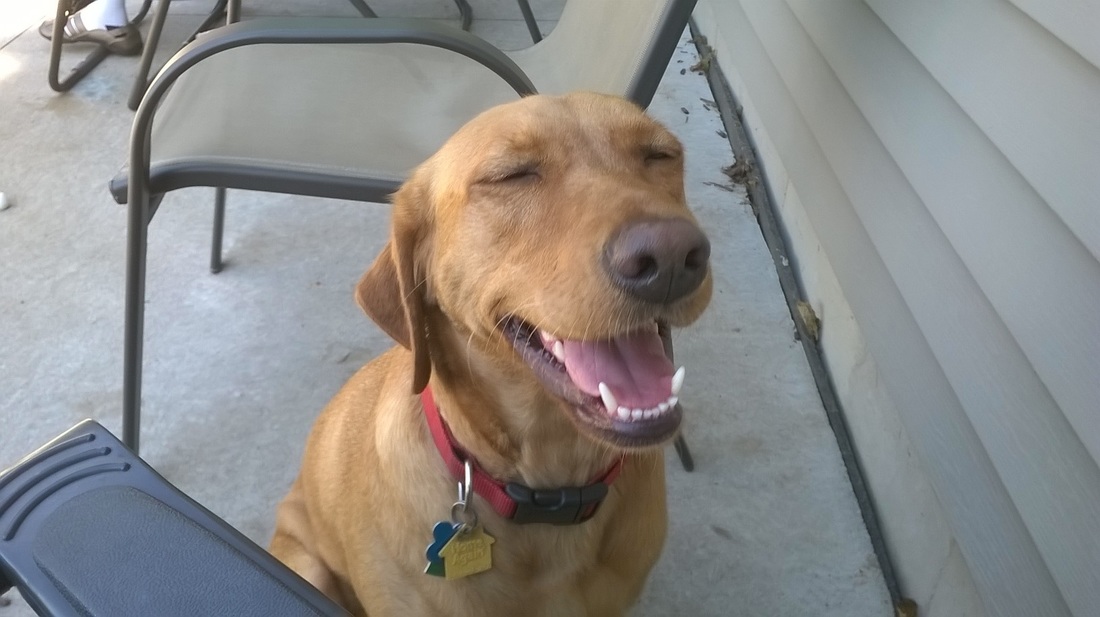
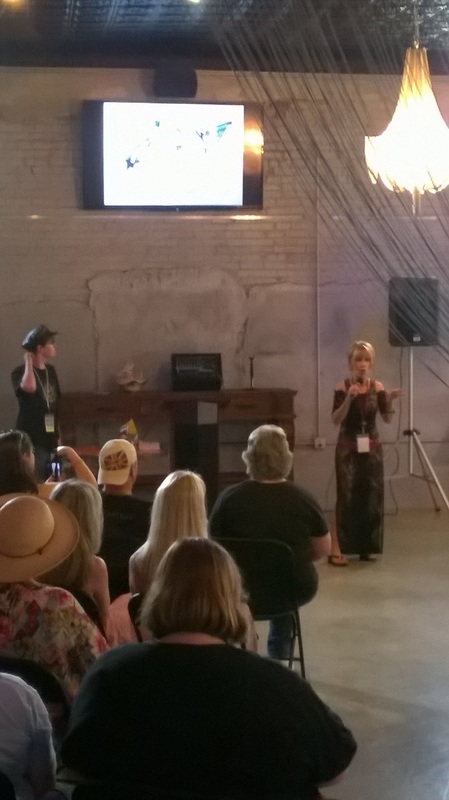
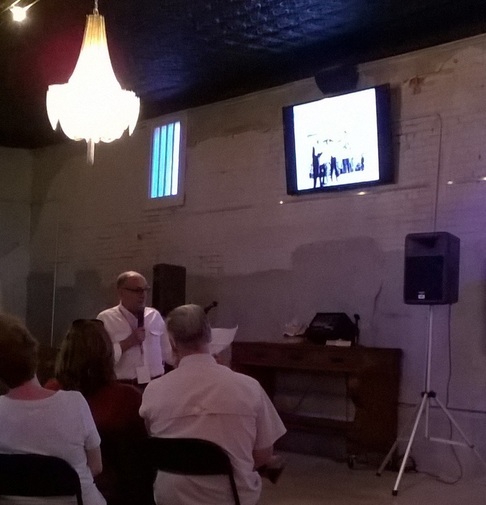
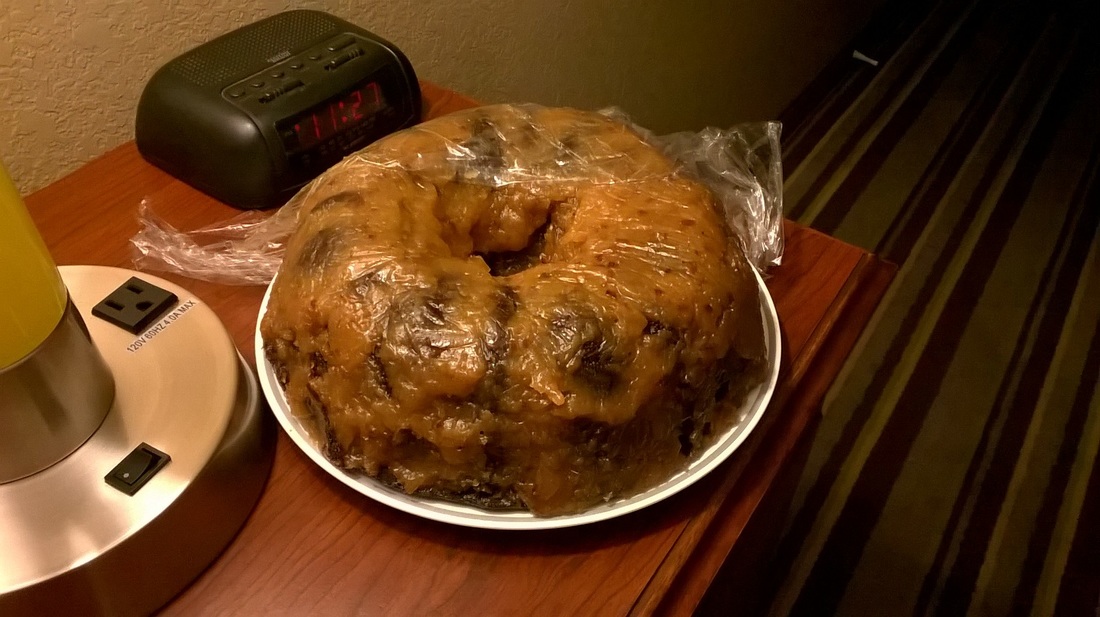
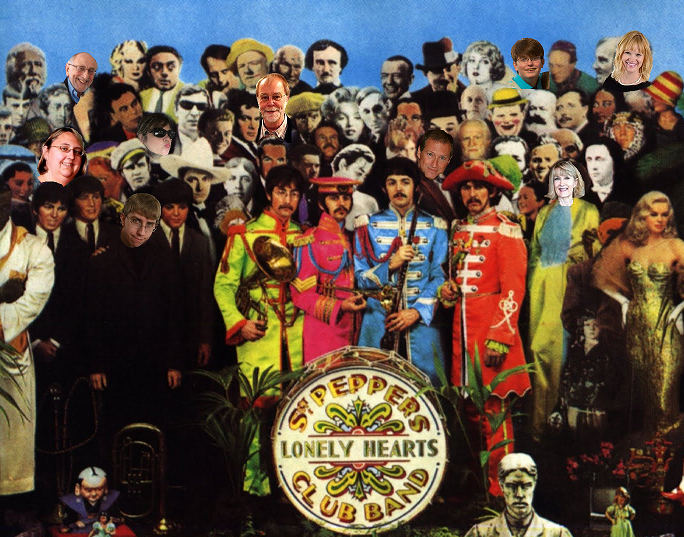
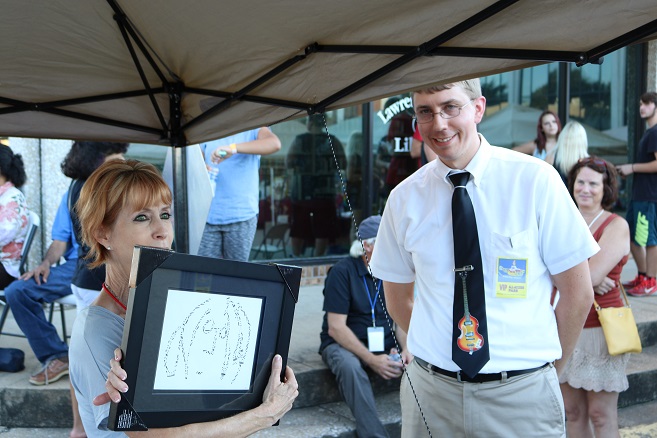
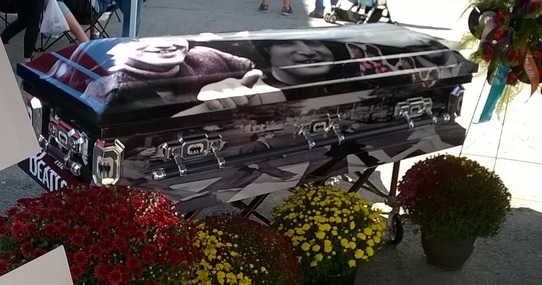
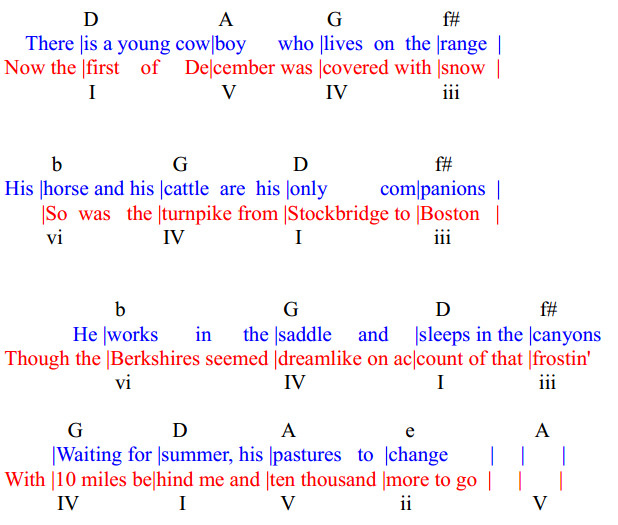
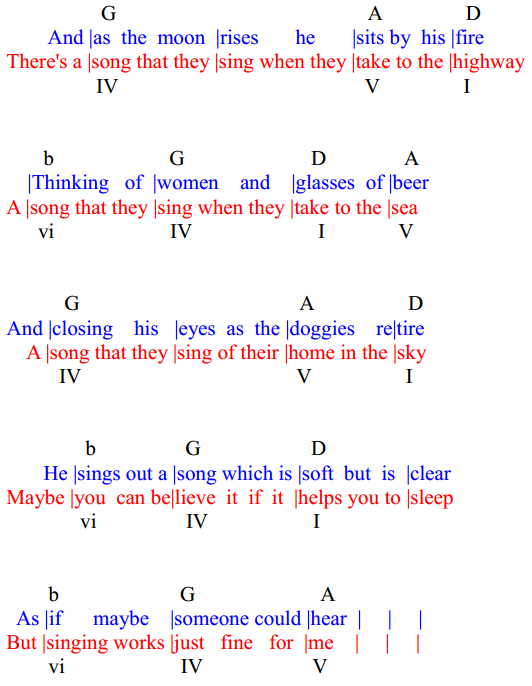
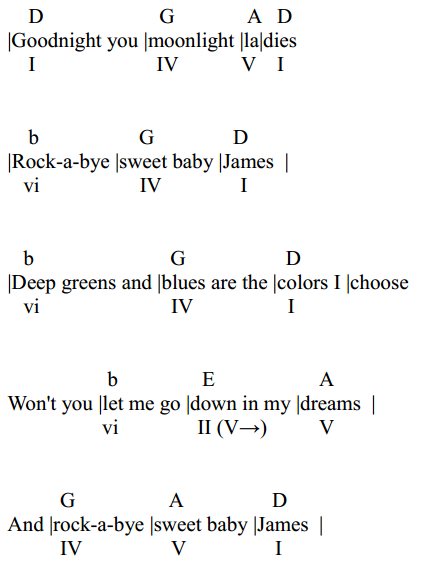
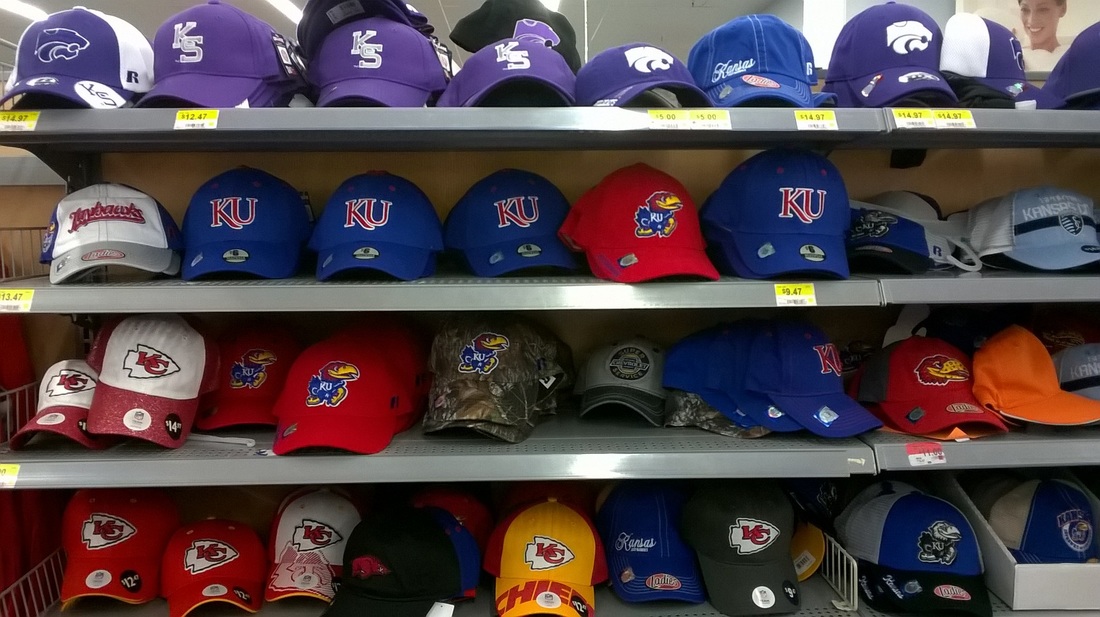
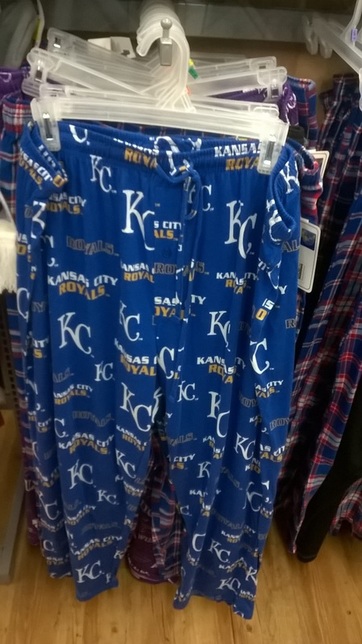
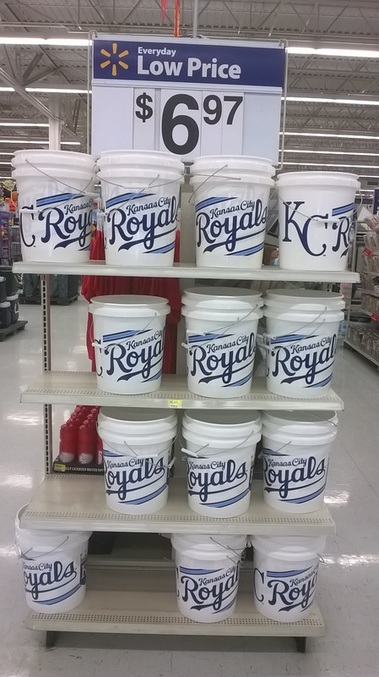
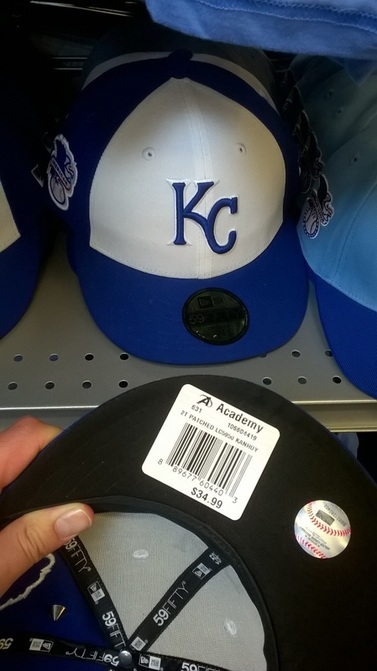
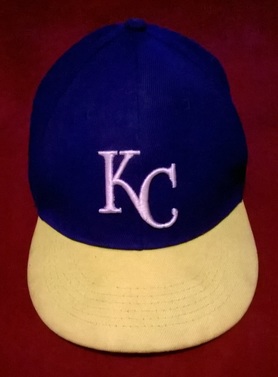
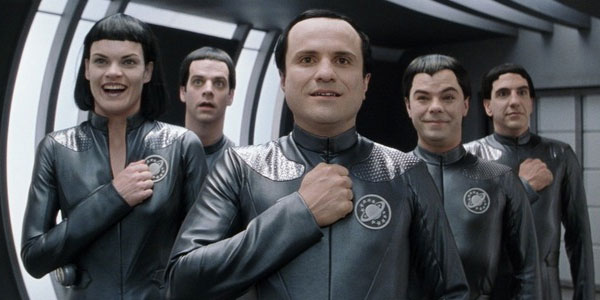
 RSS Feed
RSS Feed
